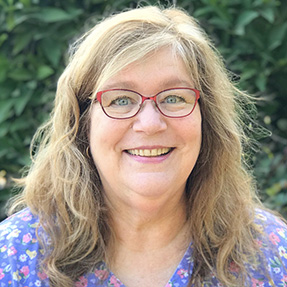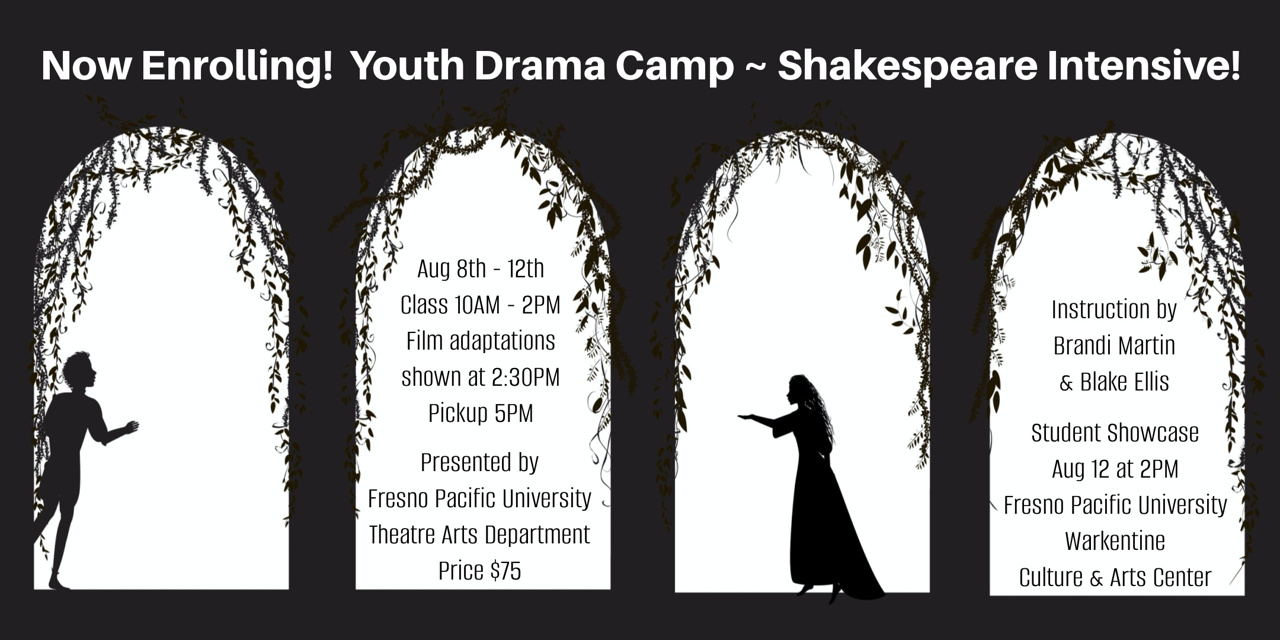Share

Check out my other School Zone columns at Nancy Price’s School Zone Facebook page.
Two local School Board members recently made a trip to Sacramento in support of a proposed Assembly Bill to provide more financial resources for students who are struggling the most academically.
In much of the state, including Fresno and Clovis, those students are Black. According to the Office of the Fresno County Superintendent of Schools, over the past two decades the lowest performing subgroup of students statewide who are not receiving additional education funding support are African American students. In 2019, California testing data showed that 67% of them didn’t meet English standards and 79% didn’t meet math standards.
Assembly Bill 2774 has strong support from advocates for improving educational equity, including Fresno Trustee Keshia Thomas and Clovis Trustee Yolanda Moore, Clovis Unified’s first African American trustee.
Moore said she represented herself, not the Clovis School Board, on the lobbying trip to Sacramento. And she notes that AB 2774 is written to help the lowest-performing group of students who are not already receiving extra funding support, whoever they may be.
“It’s not about helping because they are Black, it’s about helping because they are struggling,” she told School Zone last week.
Giving Support to Students
Here’s what AB 2774 would do: The state of California provides extra money through the Local Control Funding Formula for struggling students who are homeless, in foster care, and learning English. The bill would add an additional category of so-called “unduplicated” students, targeting those who are in the lowest-performing sector compared with their peers, and provide additional funds on an ongoing basis.
Also in School Zone:
- Fresno State student politicians lose eligibility to serve.
- “Shakespeare Intensive” Drama Camp is scheduled at Fresno Pacific.
- FUSD offers free vaccination clinic for traditional childhood diseases.
- Medical residents come to Fresno from the Caribbean.
If the subgroup can close its achievement gap, another subgroup with low performance would take its place.
Proponents of improving education funding equity tried a few years ago to get AB 2774 passed but instead settled for $300 million in “one-time” funding, said Angie Barfield, a program specialist for Student Equity and Empowerment in the Office of the Fresno County Superintendent of Schools.
But one-time funding means that once the money runs out, there’s no guarantee of more, which hampered district efforts to hire teachers or establish programs over the long run, Barfield said.
The state of California needs to commit the additional funding if state leaders are truly committed to equity in education, she said.
More Money to Support Students
Fresno Unified, which already has a number of programs aimed at improving academic performance of Black students, could get an extra $8.9 million annually under AB 2774, while Central Unified could get an extra $8.4 million and Clovis Unified just under $1 million, Barfield said.
The Office of the Fresno County Superintendent of Schools office has scheduled a news conference for Thursday with local superintendents and trustees urging Gov. Gavin Newsom to support AB 2772, which is now pending before the Senate Appropriations Committee. If it’s funded, AB 2774 would put an extra $400 million statewide and more than $19 million for Fresno County public schools for 2,967 students who are not already getting extra funding support.
Fresno Unified’s efforts to boost equity in education include the African American Academic Acceleration program and a new agreement with Benedict College in Columbia, South Carolina, one of the nation’s “Historically Black Colleges and Universities,” or HBCUs, to provide dual enrollment courses to high school students.
Through the district’s “HBCU Step Up Program,” students at Edison, Sunnyside, and Bullard high schools can enroll in virtual classes with Benedict instructors, said Jeremy Ward, assistant superintendent for college and career readiness. The district plans to expand the program to other high schools in future years, he said.
Introduction to College Success
The first class this fall for 11th graders will be an introduction to college success course, followed by an African American history course in the spring. In their senior year students may enroll in one English and one computer science course, both of which will have transferable college credit, Ward said.
The students will be taught in the classroom but virtually by a Benedict instructor, with a Fresno Unified teacher in the classroom to provide any needed in-person support, he said.
Although enrollment is open to all students regardless of race or ethnicity, the program was designed to support Black students in their transition from high school to college, Ward said.
“This program was developed because Fresno Unified’s students of color, specifically African American students, lag behind every subgroup in post-secondary college attendance and participation,” he said in an email. “As our nation’s HBCU institutions have a legacy of uniquely supporting African American students, we were inspired to create a partnership with a HBCU because of the support they offer our African American students.”
In Fresno, only 17% of Black students go on to college and earn a bachelor’s degree, Barfield said.
Benedict College won’t be the only HBCU with ties to Fresno. St. Augustine’s University of Raleigh, North Carolina, announced in June that it had created the HCBU Urban Access Hub, connecting community college students to a four-year HCBU education.
Why are HCBU’s important for Black students? After the Civil War they typically were the only colleges that were open to Black students, who have more options today, Barfield said. But HCBUs, which are typically staffed by Black professors and administrators, can give students more confidence that they will be successful in their college careers, she said.
Loss of Eligibility
Fresno State’s student government got a bit of a shakeup this month when the newly-elected ASI president, Cinthia Arriaga-Sanchez, and two student senators resigned their posts.
The reason? They were no longer eligible to serve.
Arriaga-Sanchez had just been elected to serve as ASI president for the 2022-23 school year and was installed on June 1, as were the two student senators, Jasmine Sevilla and Samantha Snow, said James Martinez, ASI’s director of operations.
Martinez said he would not reveal why the students were no longer eligible but said it resulted from the routine audit that’s conducted at the end of each semester, after grades have been turned in. Student eligibility can depend on whether they are carrying a full course load and maintaining a grade-point average of at least 2.0.
Executive Vice President Karen Carrillo was named Arriaga-Sanchez’s interim replacement, and it will be up to the remaining student senators to review their options on how to permanently fill the post, Martinez said. The senators held a virtual meeting last week to hear about the options, and a special Senate meeting is scheduled for this week where the students will decide how to fill the vacancy.
The student Senate positions will be filled by appointment, but that will wait until after the new president is named, he said.
Fresno Pacific Offers Drama Camp
Hey there, you drama kings and queens — Fresno Pacific University has a one-week camp coming up next month that promises to be intense. “Shakespeare Intensive,” that is.
The works of famed English playwright William Shakespeare will be the focus of Fresno Pacific’s drama camp, which is open to teens ages 13-18 and will be held on the southeast Fresno campus Aug. 8-12.
(School Zone remembers, and not entirely fondly, the vast number of Shakespearian works inflicted on her by SZ’s high school English teachers. On the other hand, the exposure greatly increased School Zone’s appreciation of the English language. So, many thanks, teachers!)
Participants will practice drama games, learn warm-up exercises and vocal techniques, create characters and learn theater history, “all through the lens of Shakespeare through scenes and monologues,” the university said in a news release.
Students also will watch a Shakespeare film each day and get a box lunch. Camp hours are 10 a.m. to 5 p.m. Monday through Thursday and 10 a.m. to 3 p.m. Friday, which will include a student showcase starting at 2 p.m. and held in the university’s brand-new Warkentine Culture & Arts Center. The camp will be taught by Brandi Martin, director of the university’s theater program, and guest artist Blake Ellis.
The cost is $75. To register, go to eventbrite.com/e/youth-drama-camp-tickets-349776961307

FUSD Offers Free Vaccination Clinic
There’s still about a month before the start of the new school year, but for parents it’s not too early to be thinking about getting their kids vaccinated against the traditional diseases of polio, diphtheria, pertussis and tetanus (Dtap), mumps, measles and rubella (MMR), hepatitis B, and varicella. (COVID is not on the list and is not a required vaccination.)
Kindergartners must be up to date on all vaccines before entering school, and incoming seventh graders must show proof they are currently vaccinated against pertussis (whooping cough) and have had their second varicella vaccination.
The district will provide a free vaccination clinic at Tioga Middle School, 3232 E. Fairmount Ave., Room 26, starting Aug. 11. The clinic will be open on weekdays from 8 a.m. to 2 p.m. and is available for students who have MediCal or no insurance.
The parents of students with health insurance should either contact their health provider or a pharmacy that carries the required vaccines.
The free clinic will be available by appointment only. To make an appointment, call (559) 248-7157.
From the Caribbean to Fresno
Speaking of health care — Fresno’s got 12 new medical residents who traveled here from St. George’s University on the island of Grenada in the Caribbean.
They are among 84 graduates of St. George’s who have come to California this year for residencies, which for many medical students is the last stage before they start or join a practice.
Of the 12, two are at Saint Agnes Medical Center, and the other 10 are with the UCSF Fresno Medical Education program. They’ll be working in high-need specialties, including pediatrics and internal medicine.
Six are from California, including one from Fowler.
Having more medical residents is a good thing, because many doctors tend to stick around where they serve their residencies to practice medicine. For the Valley, which has long been underserved with doctors and other health care professionals, more doctors are critically needed.
RELATED TOPICS:
Categories

How a Relaxed and Joyous Alysa Liu Won the Gold


















